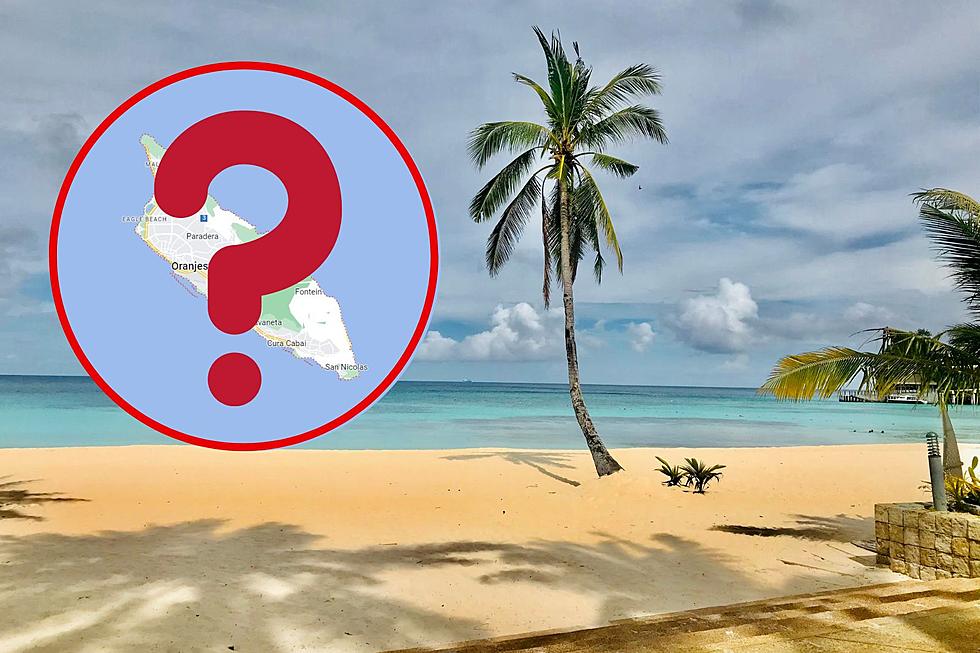
It’s a Great Weekend to See a Meteor Shower in Montana
It seems like 2023 needs some kind of special designation as a year with a lot of great stargazing.
In fact, Space.com says that we're at the beginning of an aurora season, and viewing aurora borealis may be especially good for several years because of where we are in the solar cycle.
Next year, Earth will have two eclipses, a solar eclipse on October 14, 2024, and a partial lunar eclipse on October 28, 2024. There's a better chance of seeing that solar eclipse than the partial lunar eclipse, but we've got details about both at this link.
Related: Montanans Will Need to Travel for Best Views of Eclipses
But you won't have to wait until 2024 to see some incredible activity in the night sky.
See the Leonid Meteor Shower This Weekend
This may not be the first time you've seen these meteors this year. CNN says that meteor shower has been "...active since early November but are expected to peak this weekend..." based on information from EarthSky.org. The window for viewing the meteor shower is actually a month long--November 2 to December 3--and can be seen around midnight according to EarthSky.
In the YouTube video below, EarthSky explains where the name comes from and that, "Under a dark sky you might see 10 - 15 Leonids per hour."
Part of the benefit of seeing them right now is that we have a waxing crescent moon, so the sky will be dark. The darker the sky the better when you're trying to see any phenomena in the night sky.
If are looking for places around western Montana to view the meteor shower, check out our guide to the best places to stargaze near Missoula Montana.
LOOK: 50 cozy towns to visit this winter
Gallery Credit: Laura Ratliff
More From Mix 97.1






